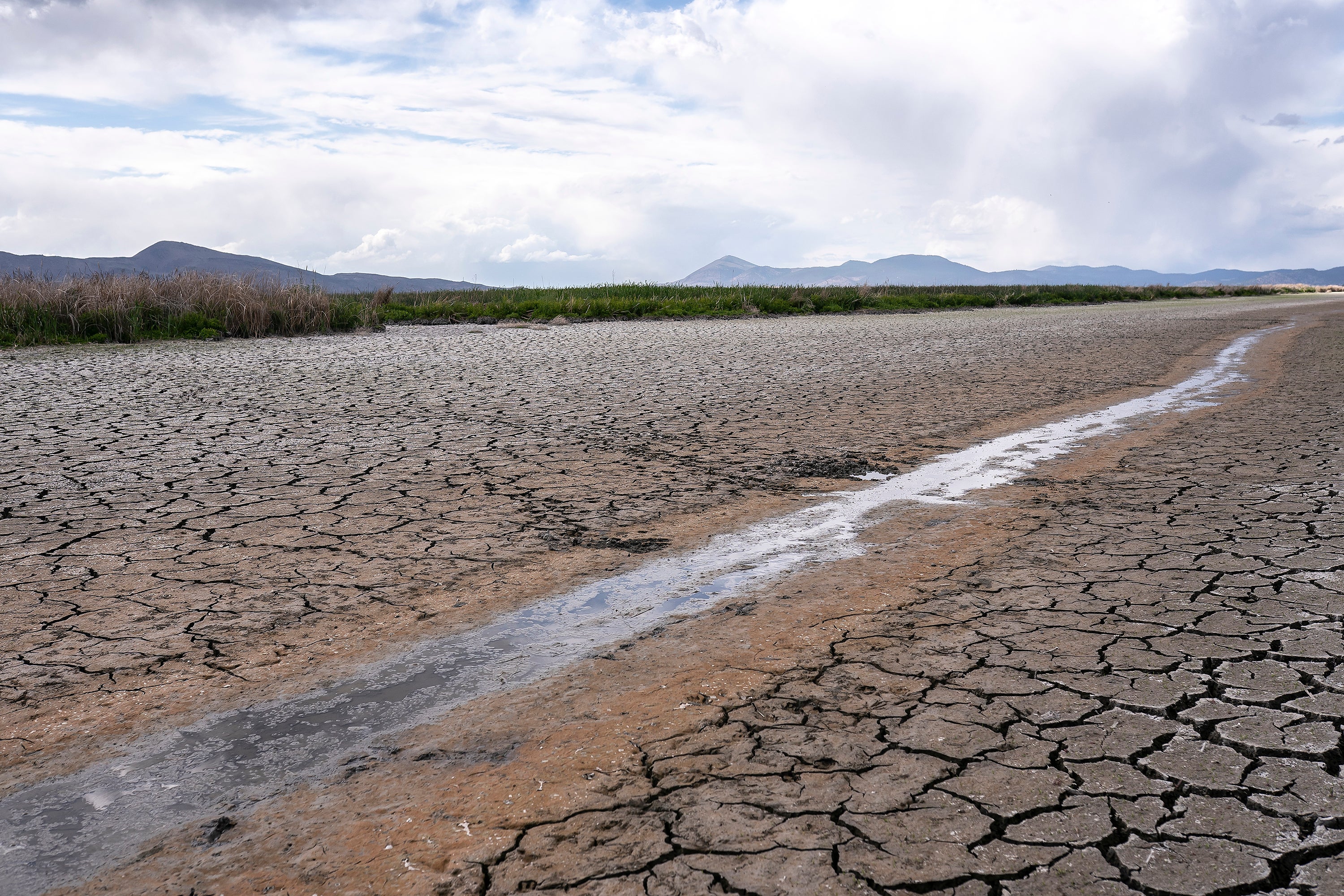Judge tosses Trump rollback of clean water safeguards
A federal judge has thrown out a Trump-era rule that ended federal protections for hundreds of thousands of small streams, wetlands and other waterways across the country

A federal judge has thrown out a Trump-era rule that ended federal protections for hundreds of thousands of small streams, wetlands and other waterways and left them vulnerable to pollution from nearby development.
The Biden administration had already said it plans to repeal the Trump-era rule and issue new regulations defining which waterways are federally protected under the Clean Water Act. But the Trump rule remained in place in the meantime, and environmental groups, Native American tribes and others said it could lead to the loss of wetlands, damage wildlife habitat and allow businesses and farmers to pollute waterways.
U.S. District Court Judge Rosemary Marquez in Arizona, an Obama appointee, sided with those groups on Monday, determining that the Trump administration's rule last year improperly limited the scope of clean water protections. Marquez said the Environmental Protection Agency had ignored its own findings that small waterways can affect the well-being of the larger waterways they flow into.
The EPA, now headed by Biden appointee Michael Regan, said it is reviewing the decision and declined to comment. In June, Regan said the agency planned to issue a new rule that protects water quality while not overly burdening small farmers.
The water rule — sometimes called “waters of the United States” or WOTUS — has long been a point of contention. In 2015, the Obama administration expanded federal protection to nearly 60% of the nation’s waterways. Because the Obama rule also faced several legal challenges, Monday's decision puts back in place a 1986 standard — which is broader in scope than the Trump rule but narrower than Obama’s — until new regulations are issued.
According to an earlier review by the Biden administration, the Trump rule allowed more than 300 projects to proceed without the federal permits required under the Obama-era rule. The review also found the Trump rule significantly curtailed clean water protections in states such as New Mexico and Arizona.
Those changes were challenged in court by six Native American tribes that said the Trump rule defied the law's environmental focus. Until it was revoked, the rule was “causing irreparable damage to our nation’s waters," said Janette Brimmer, a lawyer for Earthjustice, an environmental group that represented the tribes.
Gunnar Peters, chair of the Menominee Indian Tribe of Wisconsin, one of the tribes that sued, said federal water regulation “protects our history, our culture, and our people’s way of life."
Mondays' ruling takes effect nationwide and could have an immediate impact. In Georgia, a proposed titanium mine a few miles from the edge of the Okefenokee National Wildlife Refuge could require federal approval after all. Last year, the Army Corps of Engineering determined that it no longer had jurisdiction over the project. On Tuesday, an Army Corps spokesman said it is too early to determine how the ruling will affect its involvement with the project.
Also affected are developers and other businesses that stood to benefit from regulatory and financial relief under the Trump rule. Advocates for less restrictive federal regulation say protection of waterways should be left to states.
Chuck Fowke, chairman of the National Association of Home Builders, said the group was disappointed by Monday’s ruling. He said the decision will lead to confusion about where home builders could develop and result in “longer delays and higher housing costs.”
____
Phillis reported from St. Louis. Associated Press writer Kate Brumback in Atlanta contributed.
_____
The Associated Press receives support from the Walton Family Foundation for coverage of water and environmental policy. The AP is solely responsible for all content. For all of AP’s environmental coverage, visit https://apnews.com/hub/environment